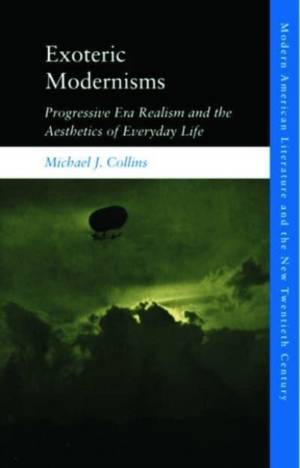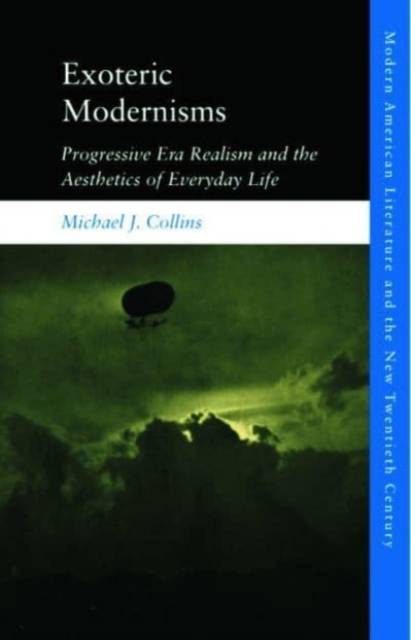
- Retrait gratuit dans votre magasin Club
- 7.000.000 titres dans notre catalogue
- Payer en toute sécurité
- Toujours un magasin près de chez vous
- Retrait gratuit dans votre magasin Club
- 7.000.0000 titres dans notre catalogue
- Payer en toute sécurité
- Toujours un magasin près de chez vous
Description
This book is an account of how American realism in the Progressive Era contributed to debates about modernity. It uses the anthropological theories of Franz Boas, and Jacques Ranciere's work on aesthetics and politics to develop a mode of reading class and culture that challenges conventional interpretations that pit the two modes of representation in opposition. It paints a picture of the late-nineteenth century, prior to modernism, as an aesthetically exciting, original, and politically radical stage in American life to reinvigorate realism as a radical aesthetic practice, with implications for understandings of American literature both in the past and into the future.
Spécifications
Parties prenantes
- Auteur(s) :
- Editeur:
Contenu
- Nombre de pages :
- 272
- Langue:
- Anglais
- Collection :
Caractéristiques
- EAN:
- 9781474456722
- Date de parution :
- 20-09-23
- Format:
- Livre relié
- Format numérique:
- Genaaid
- Dimensions :
- 140 mm x 216 mm
- Poids :
- 462 g

Les avis
Nous publions uniquement les avis qui respectent les conditions requises. Consultez nos conditions pour les avis.






